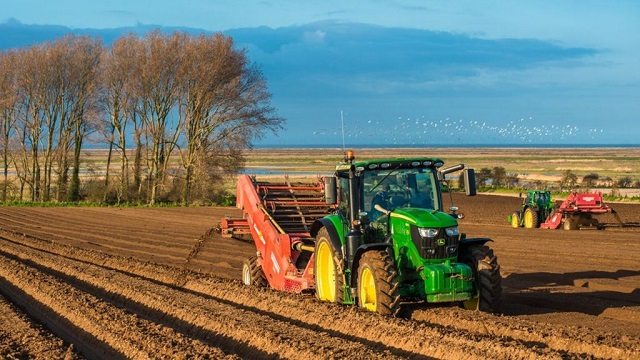
Santiago, Chile | Xinhua | Agriculture is one of the sectors hardest hit by climate-related disasters in Latin America and the Caribbean, the United Nations Food and Agriculture Organization (FAO) warned on Wednesday, which marked International Day for Disaster Risk Reduction.
“Anticipatory, short-term action must be based on longer-term resilience-building efforts to speed up progress and maximize efforts, and move towards more efficient, inclusive, sustainable and resilient agrifood systems,” Anna Ricoy, FAO Disaster Risk Management Officer in the region, said in a statement.
According to the FAO, producers in the least developed, and low- and middle-income countries absorbed 26 percent of the global impact caused by the medium- and large-scale disasters that occurred from 2008 to 2018.
That’s why the FAO said it has supported the governments of Paraguay, Colombia, Bolivia, El Salvador, Guatemala, Honduras and Saint Vincent and the Grenadines to implement anticipatory actions, or measures taken before a disaster occurs, with a focus on small producers, women, youth and indigenous peoples.
For every U.S. dollar invested in preventive action, households can obtain a return of up to 7 U.S. dollars in averted disasters, along with additional benefits that improve their long-term resilience, said the FAO.
With that in mind, the FAO assists regional projects that support climate change adaptation and mitigation, and helps countries access climate financing from the Green Climate Fund, the Global Environment Fund and other sources.
 The Independent Uganda: You get the Truth we Pay the Price
The Independent Uganda: You get the Truth we Pay the Price





